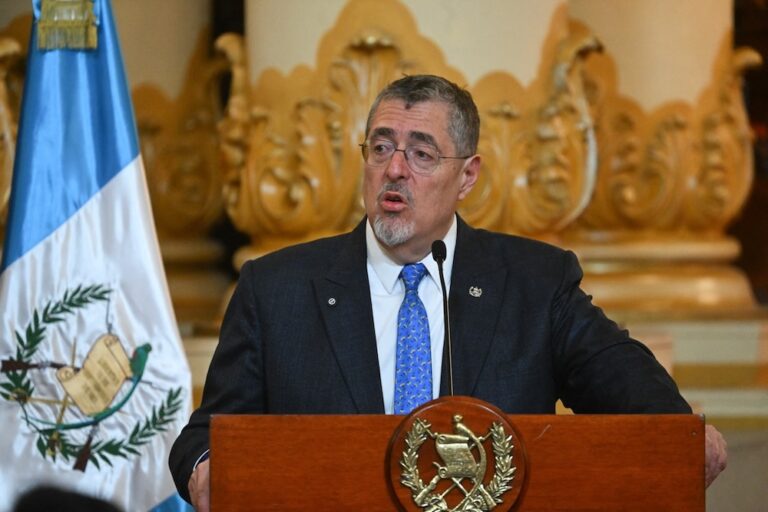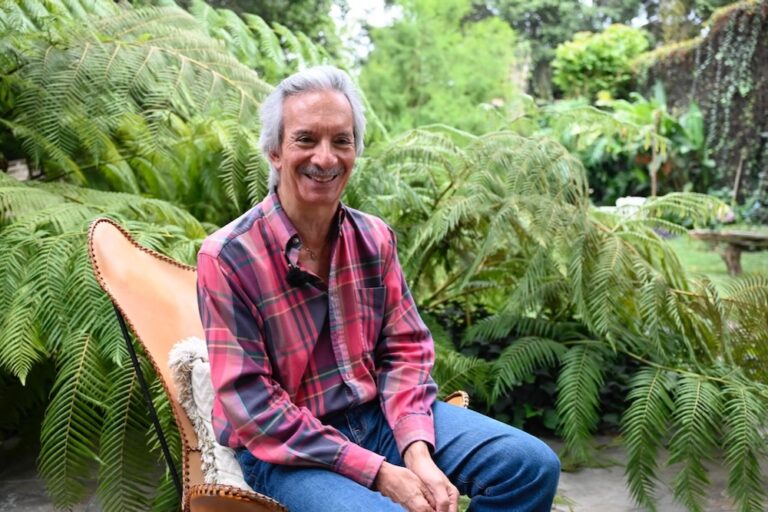Felipe David Munguía Jiménez, a community leader and camera operator for Canal 21 television, was fatally shot in Jalapa, Guatemala on the afternoon of 4 September, minutes after leaving a community meeting.
The following is a translation of an article that was originally published on cerigua.org on 6 September 2016.
Felipe David Munguía Jiménez, a camera operator for Canal 21 television and a community leader in the municipality of Santa María Xalapán, Jalapa department, was fatally shot on the afternoon of 4 September. According to informal reports, Munguía was killed minutes after leaving a community meeting in which problems associated with electrical outages in the area had been discussed. Munguía was about 300 metres from the location of the meeting when he was attacked by an individual with a firearm. He was shot in the head and died at the scene.
Shortly after the assassination, National Civil Police officers apprehended Raúl Antonio Jiménez Cruz and accused him of the crime. In an unofficial statement, the Public Prosecutor’s Office noted that the suspect had previously served a 10-year sentence for murder.
Munguía had worked at Canal 21 in Santa María Xalapán for two years, while at the same time dedicating energy to community activism. He was not a member of any social organisation. The media outlet that Munguía worked for covered local news, including conflicts surrounding the electrical services system.
A relative of the victim told investigators that Munguía had run-ins with some people in the community due to his work as a community leader, and that he had received a death threat the day before his assassination. He apparently had opted to refrain from reporting the threat and did not indicate who was behind it.
In another version of events, it has been said that during the 4 September meeting, Munguía ran into problems with some community leaders due to his role as a journalist. According to a member of the Jalapa Journalists’ Association, Munguía recorded the event, which bothered some of the participants who warned him that filming was not allowed.
Power outages relating to the actions of the electrical distribution company, Deorsa, were apparently discussed during the meeting, which had been convened by the Indigenous Community of Santa María Xalapán.
In a separate case, CERIGUA’s Journalists Observatory expressed deep concern over the 2 September release of individuals involved in an attack on two journalists in the city of Quetzaltenango, owing to a lack of evidence. The freed individuals were Duhait Arliny Pérez Pérez and Walter de León Orozco. The Public Prosecutor’s Office had accused the two men of participating in an attack on journalists Carlos Ventura, of the Prensa Libre newspaper, and Byron Bravo, of the daily Nuestro Diario. The journalists were beaten in a Quetzaltenango market on 24 July 2015, while they were covering raids associated with contraband products.
The Observatory also expressed concern over the 2 September 2016 dismissal of Edgar López, a camera operator for Grupo Nuevo Mundo. The dismissal took place after footage obtained by López showing President Jimmy Morales sleeping during a public event went public. The Obervatory, however, also noted that it is necessary to evaluate and analyse what took place because the camera operator has said he shared the video with other media outlets before sharing it with Nuevo Mundo, which was his employer. An investigation will be conducted into this case.


